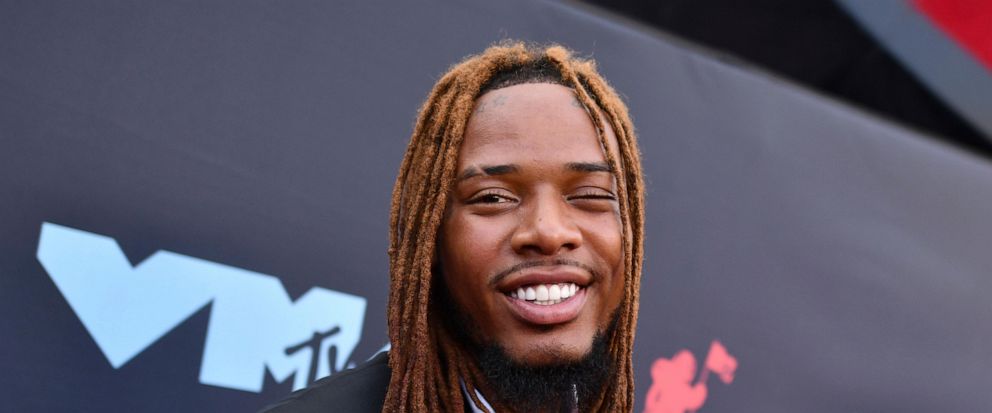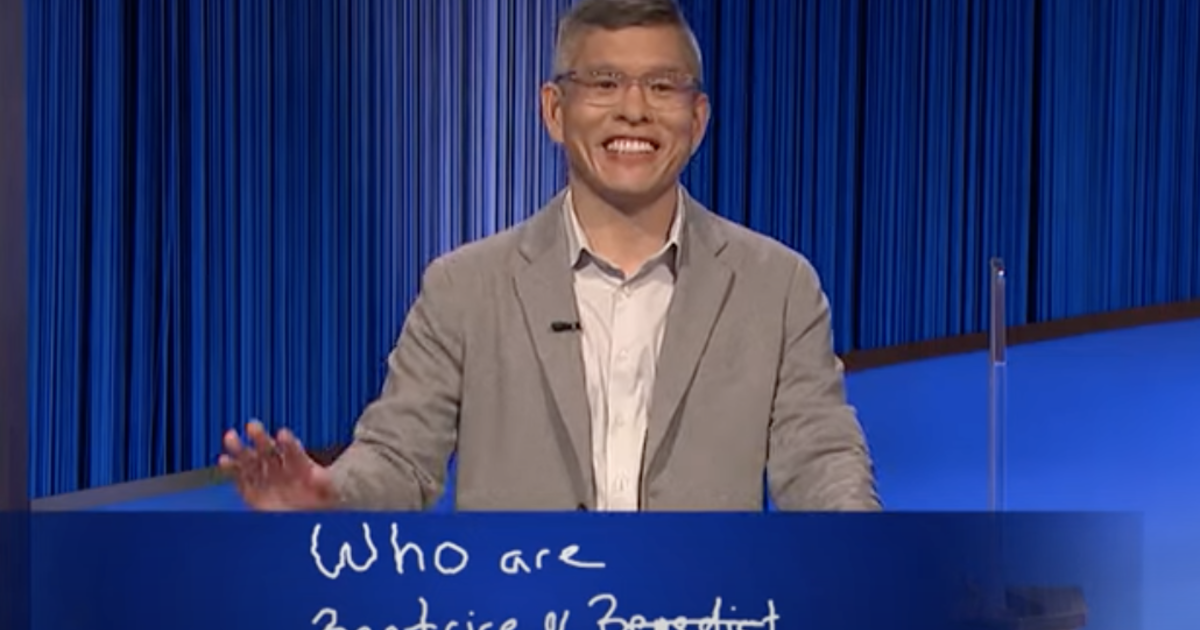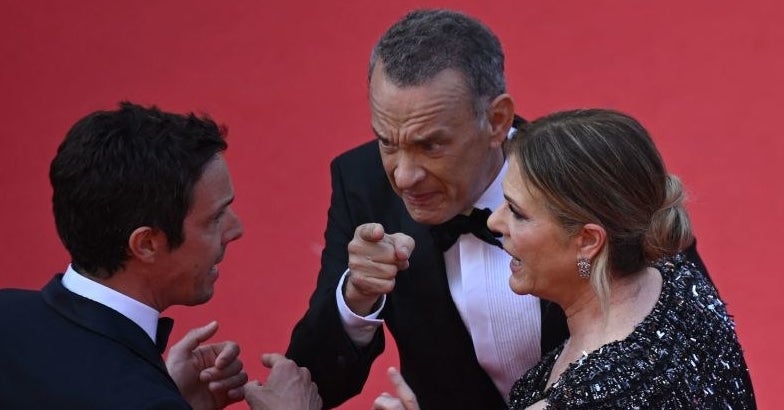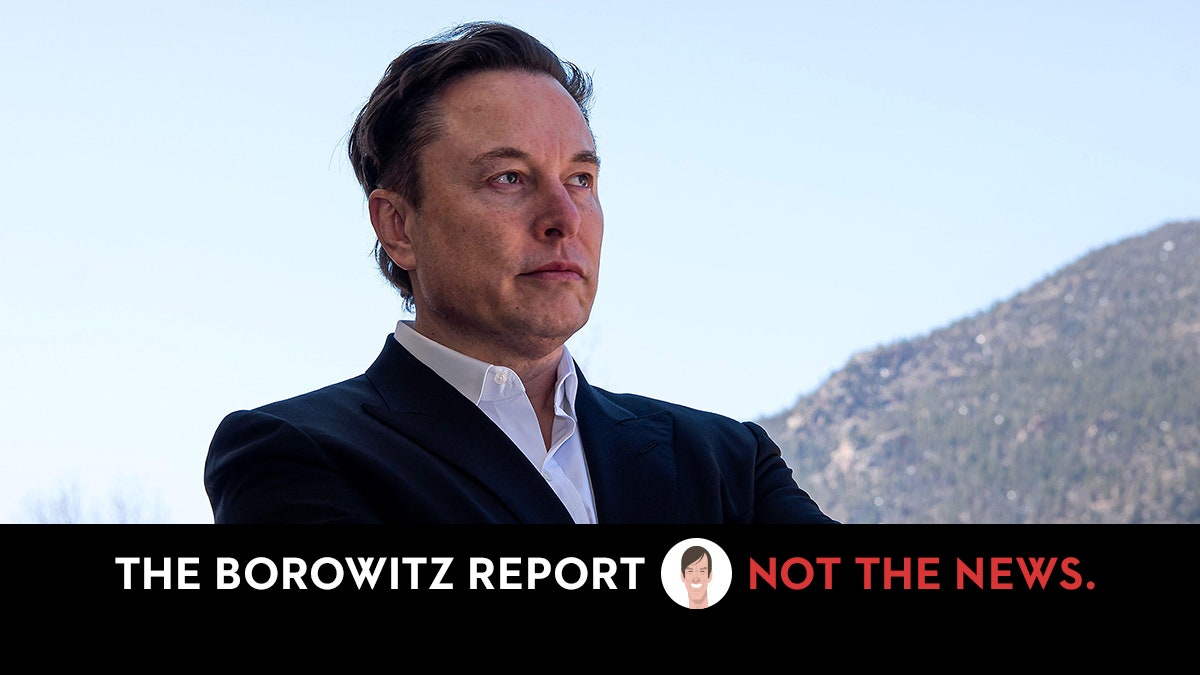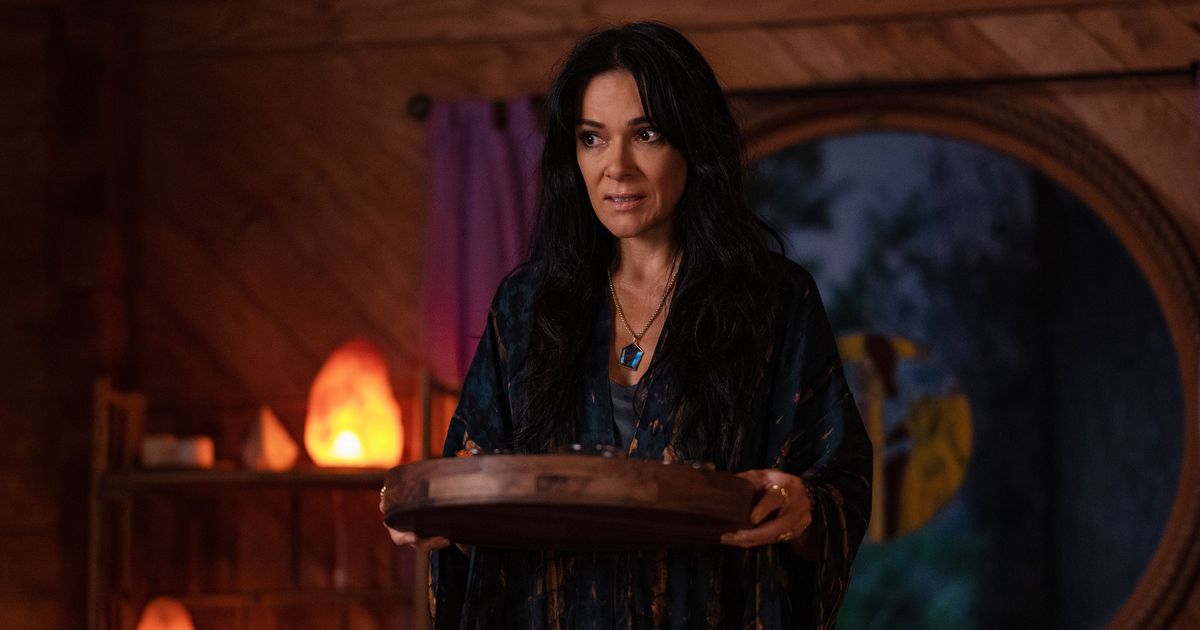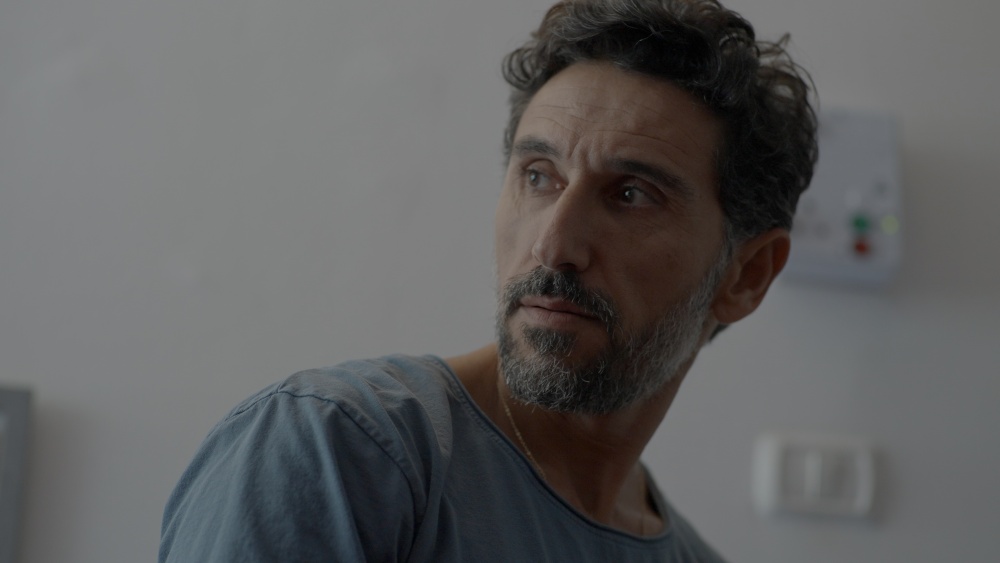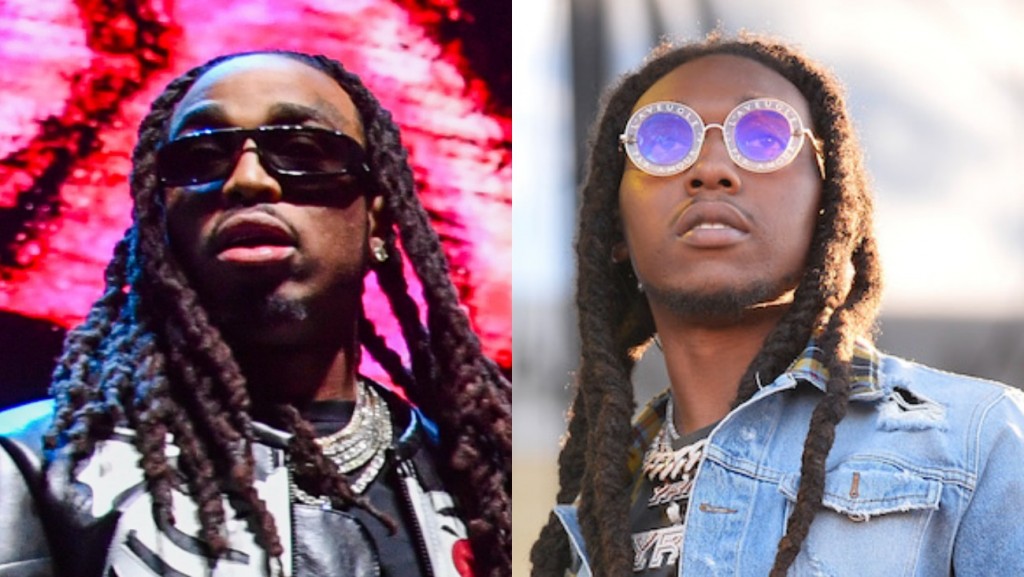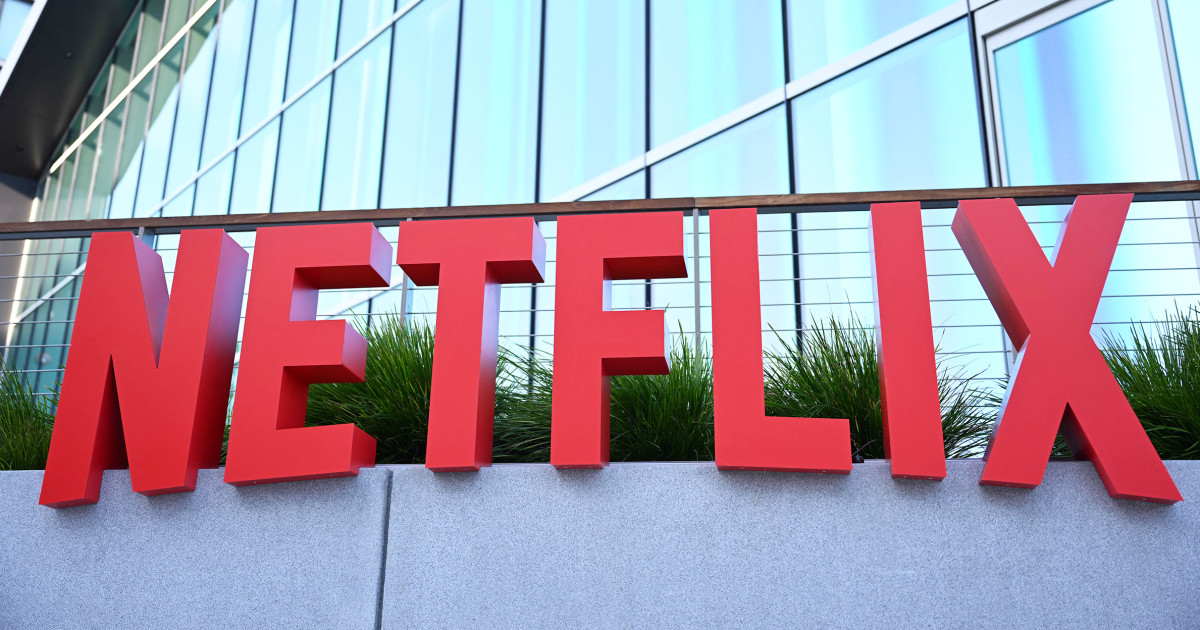‘The Goldman Case’ Review: An Enthralling True-Life Courtroom Drama
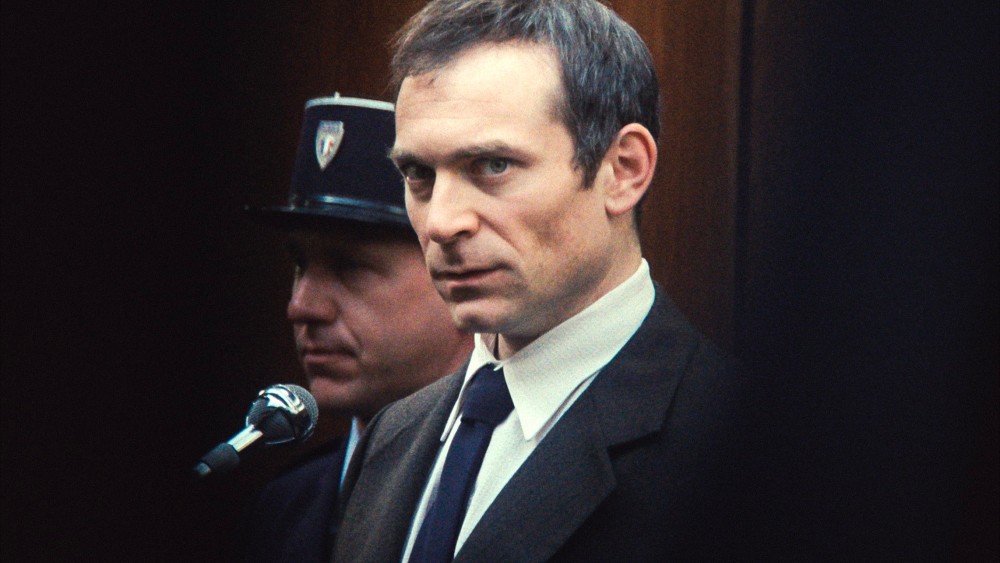
Appealing a conviction for two murders he insists he didn’t commit — while candidly, even proudly, admitting to multiple armed robbery charges — French activist turned criminal Pierre Goldman refuses to call any witnesses in his defense. “I’m innocent because I’m innocent,” he says flatly, rejecting the idea that testaments to his character and conduct have anything to do with it, and professing himself “disgusted” by courtroom pomp and theatricality. Except Goldman knows the power of fiery rhetorical speechifying when it suits him: In “The Goldman Case,” Cédric Kahn’s formally restrained but ultimately electrifying dramatization of a trial that gripped and divided France in 1976, that canny inconsistency is but one unexpected fold in a courtroom drama that finds equal intrigue in legal order and human chaos.
Opening this year’s Cannes Directors’ Fortnight program on an intelligent but accessibly mainstream note, Kahn’s film follows Alice Diop’s recent “Saint Omer” in offering a rigorous, documentary-inspired Gallic reworking of the legal drama template. Yet its take on the genre is alternately more austere — with the action, following a brief prologue in lawyers’ chambers, never leaving the tense confines of the court — and more rousingly traditional, sticking to a factual record that nonetheless permits momentary, Hollywood-style catharsis. Distributors may have to rely on such conventions to sell the film outside France, where public awareness of Goldman’s name and case is rather more limited — and now sure to be defined, for whoever sees it, by Arieh Worthalter’s galvanizing, near-feral lead performance.
Drawing from contemporary newspaper reporting and first-hand interviews with Goldman’s lawyers, Kahn and Nathalie Hertberg’s script dispenses with much in the way of setup. Establishing chunks of onscreen text provide the essential facts about Goldman’s 1974 conviction on four charges of armed robbery (one of which saw two women killed) and subsequent sentencing to life imprisonment, but dramatically, the film plunges straight into legal preparations for his second trial with few niceties of character or milieu. Even the filmmaking — shorn of music, with Patrick Ghiringhelli’s boxy-framed cinematography working in tweedy browns and grays — is calculatedly subdued, rarely wresting our attention from the case at hand.
That we effectively learn about the volatile, preternaturally self-assured Goldman and his past on the fly is appropriate, given the surprises he keeps springing on his exasperated legal team, led by dogged attorney Georges Kiejman (a fine, flinty Arthur Harari, best known as the director of 2021 Cannes hit “Onoda: 10,000 Nights in the Jungle”). In the very first scene, Goldman is present only via his words, in the form of a withering letter to Kiejman that dismisses his services on the grounds of his supposed political centrism and “armchair Jewishness” — only to rescind the rejection in a subsequent message.
It’s an invisible introduction that tells us much about the recalcitrant whims and convictions of this radically left-wing intellectual: Raised by ardent Jewish Communists, he refused to take part in the May ’68 rebellion but instead headed to Venezuela to join a guerrilla movement, before returning to Paris to become a kind of gangster with a cause. He’s a rich biopic subject, but Kahn and Hertzberg hold back on their subject’s intense force of personality for much of the film’s opening act — almost to a fault, as unacquainted viewers might find themselves adrift amid meticulous but somewhat dry procedural minutiae.
Once Goldman’s blood is up in the courtroom, however, the drama accordingly kicks into high gear, as the trial extends beyond the question of his innocence — one on which the film maintains a coolly neutral perspective — and toward a scathing inquiry into institutional corruption and injustice, with the police force coming in for particular censure. In scene after riveting scene, Kiejman stealthily questions the officials and civilian witnesses who claimed to have seen Goldman commit the murders — despite, in one cop’s case, having initially ascribed a different race to the culprit — dismantling their credibility and exposing their biases in the process.
But there’s crackling tension, too, between the objectives of lawyer and client: One is merely trying to reverse a conviction, the other to make a statement, and the friction between Kiejman’s patient, serpentine games of strategy and Goldman’s hot, righteous bluster is no less pronounced than that between the defense team and the senior, only selectively by-the-book prosecutor Garaud (Nicolas Briançon). Kiejman’s attempts to mollify Goldman’s more incendiary disruptions of proceedings — as when he accuses the police of across-the-board racism, to cheers from his diverse crowd of supporters — are testily rebutted by the accused, while even the occasional juror gets an unexpected voice in this most fractious and unruly of courtrooms.
As Goldman, the superb Worthalter — so often a vital supporting player, in such films as Lukas Dhont’s “Girl” and the upcoming Virginie Efira vehicle “All to Play For” — seizes the lead with suitably mercurial energy. Turning on a dime from silently glowering brute to lucid, charismatic rabble-rouser, he plays riotously to the gallery when required, bellowing his beliefs with Valjean-like grandeur. It’s not hard to see how he became a glamorous hero of the radical left, with such celebrity champions as Simone Signoret and Jean-Paul Sartre, yet there remains something recessive and unknowable about him — a reluctance to reveal any human foibles that might distract from what he stands for. Kahn’s crafty, compelling portrait gives Goldman the floor, but his walls remain fixed around him.
